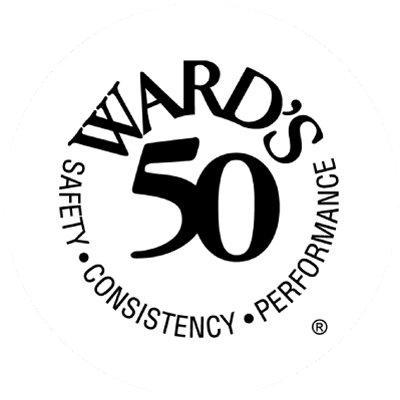This year, November 15-21 marks National Fraud Week, sponsored by the Association of Certified Fraud Examiners. While scams and frauds are always being perpetrated, this year is particularly bad with various scams related to COVID-19.
To help you stay safe, the Federal Trade Commission (FTC) provides help on their website, including information on treatment claims, relief checks, scam alerts and more.
- Scam emails have been reported, purported to be from CDC or WHO with health information. For legitimate information on the health aspects of COVID-19, refer to credible sources, such as govand usa.gov/coronavirus.1
- Don’t click on links in emails from sources that you’re unfamiliar with. These emails often contain links that download malware, giving criminals access to personal data.2
- The CDC website has information on what a true “contract tracer” does versus a scammer. If the tracer is legitimate, you’ll be asked for health information and not personal financial information or money.3
- Relief check scams have also become common, but the government will not contact you via calls, email or text. The government sends checks via mail.
- The FTC has also seen fraud concerning vaccinations and home test kits, with no proof that either work or treat the virus. These have not been approved by the FDA.4 Not only is this inaccurate information designed to get your money, but these email offers are also designed to infect your computer with malware.5
- The FTC recommends people hang up on robocalls, which are designed to sell everything from health insurance to work-from-home arrangements.6
- “Caller ID” may not tell you the whole story. It’s easier than ever for scammers to create fake information. The name and phone number displayed may not be real. A general rule for any situation is that if someone asks for money or personal information, hang up.
- Scammers are taking advantage of people’s generosity, so research carefully before making any donations, as there have been reports of fake charities soliciting donations. Never donate in cash, by gift card, reloadable cards, or by wiring money.7 If you have researched and believe the charity is legitimate, credit cards have much greater fraud protection built in.8
- Several states have reported illegal price gouging on safety or treatment products, so keep this in mind and report to law enforcement if you spot unusual pricing.9
- Conduct an online search if something doesn’t seem right. In a search engine, type in the name of a product or company, along with words such as “scam” or “complaint”. You can also search for your particular situation, such as “IRS call.” A search of phone numbers to see if other people have reported them as scams can also be conducted.10
- Don’t pay upfront and under suspicious circumstances. You may be pitched for things such as credit and loan help, debt relief, assistance for your mortgage, or be told that you’ve won a prize or are receiving a job offer. They may ask you to pay taxes or fees, a clear warning it’s a scam.
- Don’t make rush decisions. Scammers will often try to pressure you into making a decision quickly, but slow down, research the story, and consult an expert.11
- If you are suspicious that the situation may be a scam, report it at gov/complaint. By reporting your situation, you help law enforcement investigate scams and stop criminals.
Sources
1, 3, 4, 6, 7. https://www.ftc.gov/coronavirus/scams-consumer-advice
2, 9. https://www.fraud-magazine.com/article.aspx?id=4295010402
8, 10. https://www.consumer.ftc.gov/articles/0060-10-things-you-can-do-avoid-fraud
- https://www.consumer.ftc.gov/shopping



